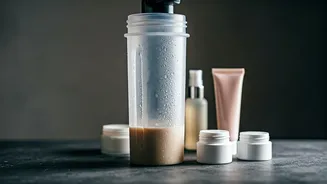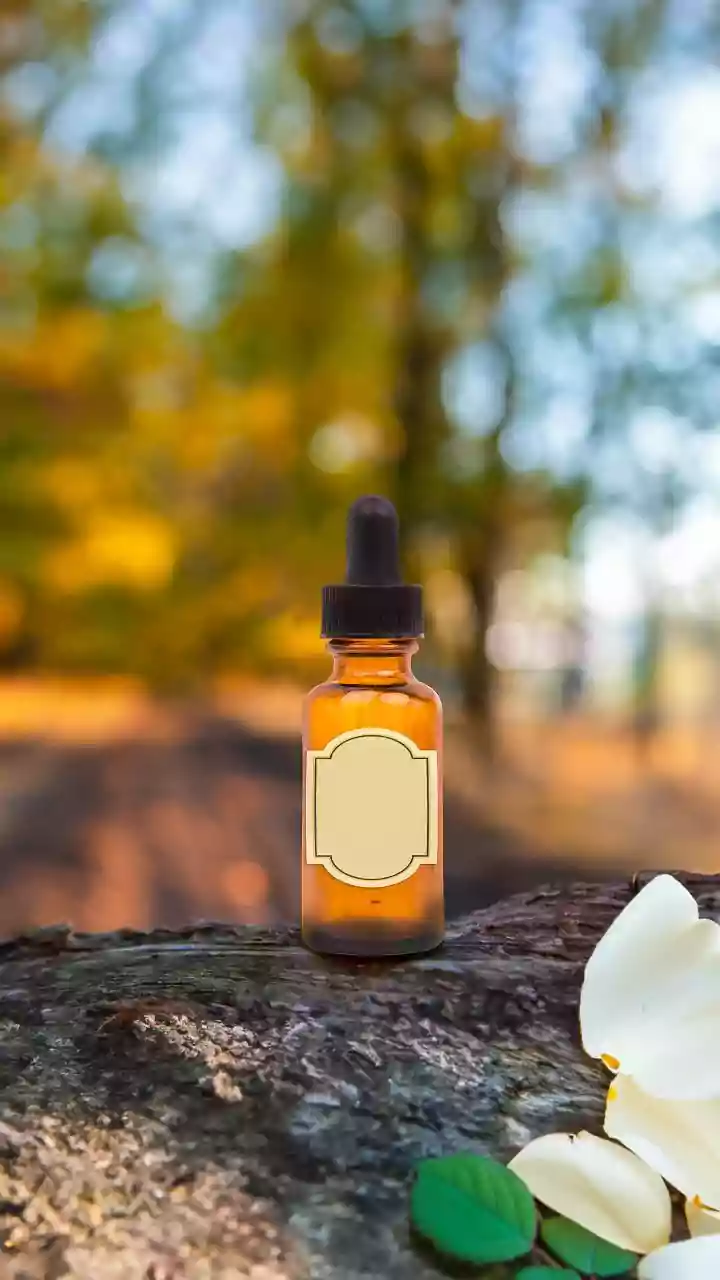Acne and Shakes
One of the most concerning side effects associated with protein shakes is their potential to trigger or worsen acne. The specific culprits are often the ingredients
added to improve the flavor and texture of these shakes. These include hidden sugars and artificial sweeteners, which can significantly disrupt the body's balance. Sugar spikes lead to increased insulin levels, which in turn can stimulate the production of sebum, an oily substance produced by the skin. Excessive sebum can clog pores, creating the perfect environment for acne-causing bacteria. Beyond sweeteners, some protein shakes may contain dairy, another potential trigger. Dairy consumption can increase hormones such as IGF-1, which promote acne breakouts. Identifying the specific cause of acne from protein shakes requires mindful ingredient analysis and potential dietary changes.
Dehydration Concerns
Protein shakes, particularly those made with whey protein, can have a dehydrating effect. When the body breaks down protein, it produces nitrogenous waste. The kidneys work hard to eliminate this waste through urine. This process requires water, pulling fluids from the body and potentially leading to dehydration if not replenished. This is particularly relevant if you're not drinking enough water throughout the day. Dehydration manifests itself on the skin, as it loses its natural plumpness and can become dry, flaky, and more prone to wrinkles. Drinking plenty of water is essential when consuming protein shakes to counteract the dehydrating effects and maintain skin hydration.
Inflammation & Skin
Artificial sweeteners, often present in protein shakes to enhance taste without adding calories, are known to disrupt the gut microbiome and cause inflammation. An imbalanced gut can contribute to widespread inflammation throughout the body, including the skin. This can lead to various skin conditions such as eczema, psoriasis, and rosacea. Furthermore, artificial sweeteners can indirectly cause inflammation by interfering with the body's natural processes. Chronic inflammation breaks down collagen and elastin, accelerating skin aging. Opting for protein shakes without artificial sweeteners, or choosing natural alternatives, might significantly reduce this risk and support healthier skin.
Accelerated Skin Aging
Excessive protein intake, often associated with heavy protein shake use, can accelerate skin aging. When the body has more protein than it needs, the excess protein can contribute to increased production of advanced glycation end products (AGEs). AGEs are harmful compounds that damage collagen and elastin, which are vital proteins for skin structure and elasticity. This damage results in wrinkles, fine lines, and a loss of firmness. Moreover, the dehydrating effects of protein shakes, as discussed earlier, can worsen skin aging. Therefore, balancing protein intake with adequate hydration and a diet rich in antioxidants helps mitigate premature aging.
Additives and Skin
Beyond the protein itself, many protein shakes contain a variety of additives, including artificial colors, flavors, and emulsifiers. These substances are often not natural and can trigger sensitivities in some individuals. Certain additives could trigger inflammation or allergic reactions, which could manifest in skin problems like rashes, eczema, or even acne. The best way to mitigate these potential issues is to carefully check the ingredient list and opt for products with minimal ingredients. Choosing shakes with whole-food ingredients and without artificial additives is a good strategy to protect skin health.




















